If you can, continuing to breastfeed for the first few months is brilliant for your baby's health. It's recommended that you breastfeed exclusively for around 6 months, and then continue breastfeeding alongside solid food. Ideally, you should breastfeed for 2 years or longer. But if that sounds daunting don’t let it put you off – just aim to keep going for as long as you can.
Why carry on breastfeeding?
Every single feed of breast milk is valuable. At one month old, your breastfed baby already has less risk of infection that will last into childhood.
Here are some reasons why carrying on breastfeeding is good for you and your wee one:
- Your milk is changing all the time to be perfectly suited to your baby as they grow. Up to 6 months, your breast milk provides everything your baby needs and helps protect them from getting ill.
- The longer you continue breastfeeding, the better for you and your little one. Your risk of diseases like breast and ovarian cancer is reduced, and your baby continues to get better protection from common illnesses.
- It really helps you lose any extra weight!
The more you breastfeed, the more milk you will have. Most babies aren't ready for solid foods until around six months, but even when they do, their main source of nutrients will still be milk for several months. For the best health advantages for your baby, it's important to carry on breastfeeding responsively to make sure you always make enough breast milk for your baby as they grow.
Top tips for carrying on breastfeeding
Tip #1: Don't panic
If you’ve been breastfeeding for a while but are worried you aren't doing it right, don't panic. Speak to your midwife or health visitor about different positions which you could try to make breastfeeding easier for you and your baby. You can also find out more in our how to guide on breastfeeding positions and correct attachment.
Tip #2: Don't hide
There are tons of ways you can make breastfeeding less noticeable when you're out and about, but don't feel you need to hide the fact that you're breastfeeding – in Scotland it is your legal right to breastfeed in a public space. However, if you don’t want to be noticed, our page on breastfeeding friendly clothes has some tips.
Tip #3: Remember it’s your right
It’s your legal right to breastfeed wherever and whenever you want, no matter how old your child is. You can find out more about your rights at the Maternity Action website.
Tip #4: Express yourself
Some mums prefer to express milk to take with them when they're out and about, and that's fine too. Our page on expressing your breast milk is full of helpful information.
Tip #5: Carry a water bottle
Mums often get very thirsty when they're breastfeeding so make sure to drink plenty of water throughout the day and keep some water nearby when feeding.
Tip #6: Get support
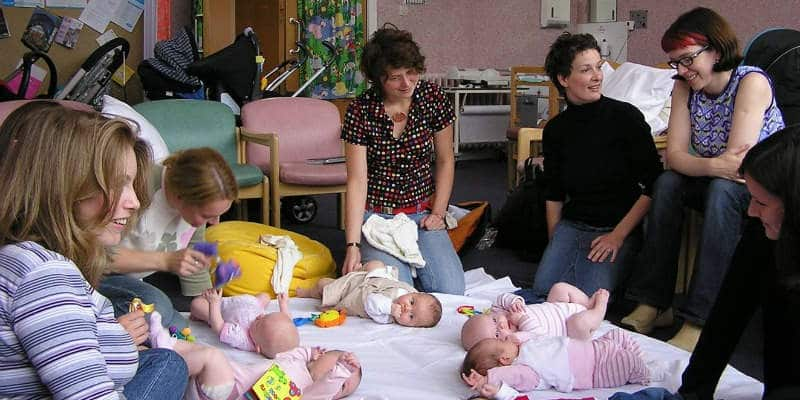
Join a breastfeeding support group or a parent and toddler group. You'll be able to chat with other breastfeeding mums and your little one can play with new friends! You can find support groups in your area here.
Tip #7: Don't buy a new wardrobe
Don't worry about having to buy a breastfeeding friendly wardrobe, just try breastfeeding in what you already have to see what you feel most confident in. Our page on breastfeeding friendly clothes has some tips.
Tip #8: Take some time out
Have a night out. Being a new mum is hard work, so make sure you take time to enjoy yourself!
Tip #9: Pace yourelf
If you drink alcohol, wait 2-3 hours before feeding so it has time to leave your system. Some mums choose to feed their baby expressed breastmilk for the first feed after a night out, but keep in mind that too long a gap between feeds can lead to engorgement and mastitis.
Tip #10: Plan ahead
If you plan on returning to work at some point, consider getting your baby used to expressed breastmilk earlier, rather than later. That way you can be sure your baby is happy drinking from a cup or bottle.
 Activities & Play
Activities & Play Behaviour
Behaviour Childcare
Childcare Development & Growing Up
Development & Growing Up Family, Friends & Relationships
Family, Friends & Relationships Feeding Your Baby
Feeding Your Baby Food & Eating
Food & Eating Health & Safety
Health & Safety Mental Health & Wellbeing
Mental Health & Wellbeing Money & Work
Money & Work Online Behaviour & Safety
Online Behaviour & Safety Pregnancy & First Days
Pregnancy & First Days School & Education
School & Education Sleep
Sleep



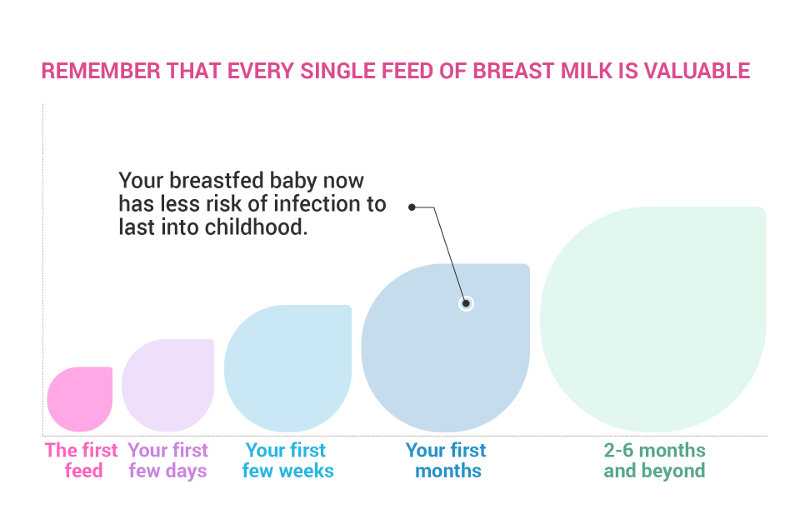

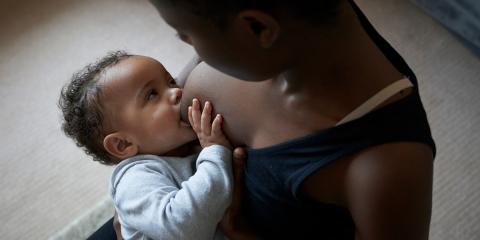
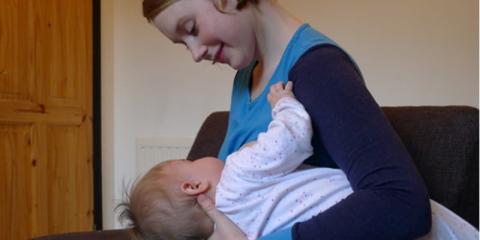
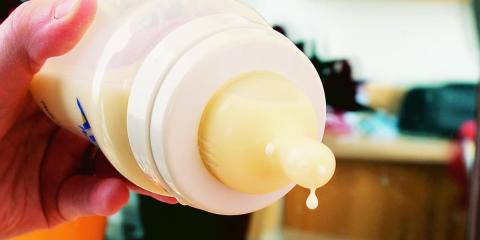
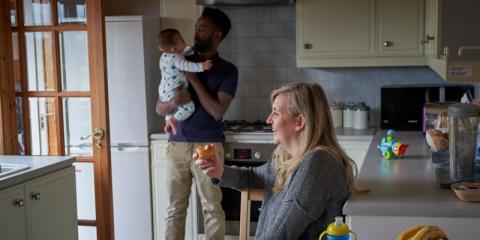
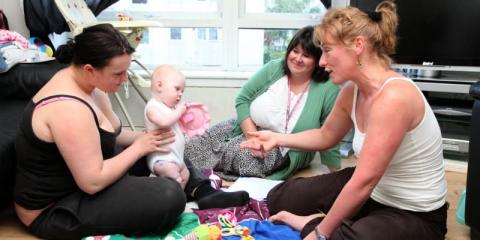
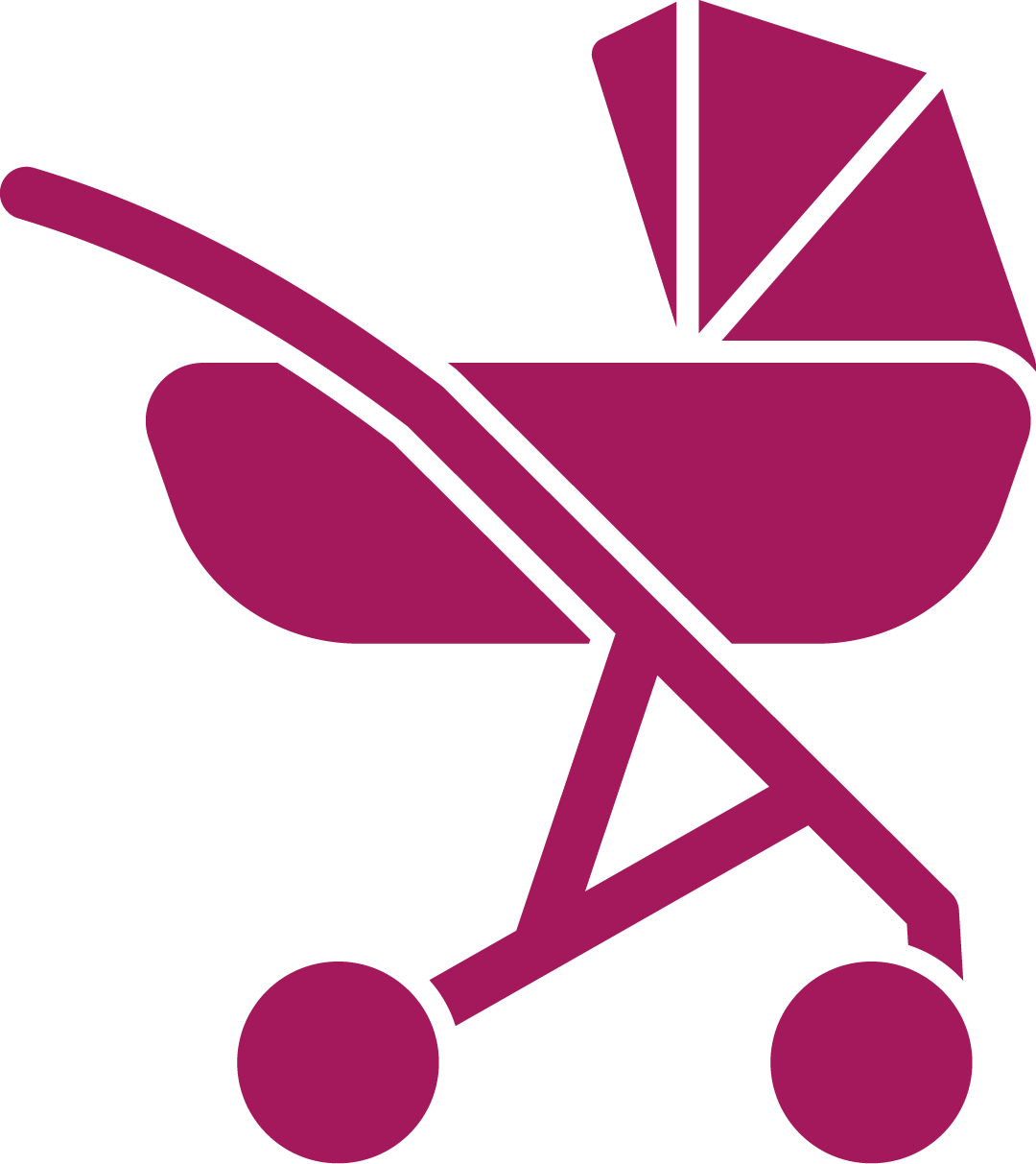 Pregnancy & First Days
Pregnancy & First Days
 Sleep
Sleep